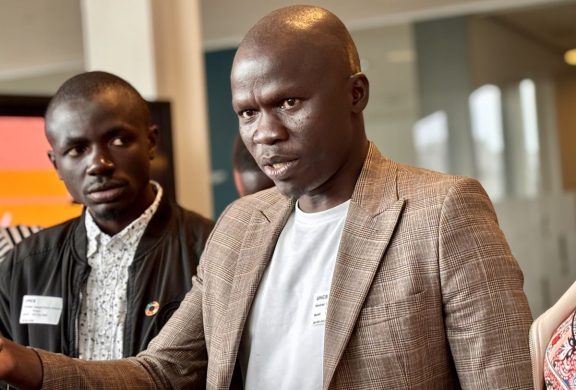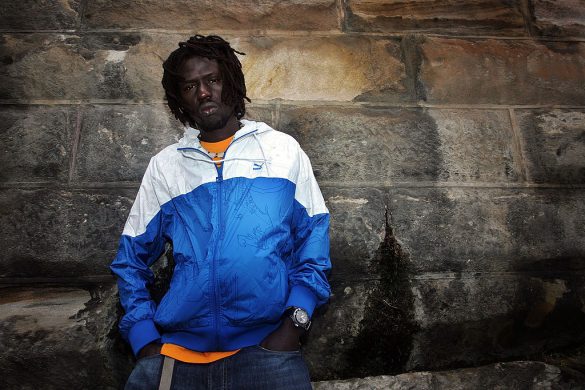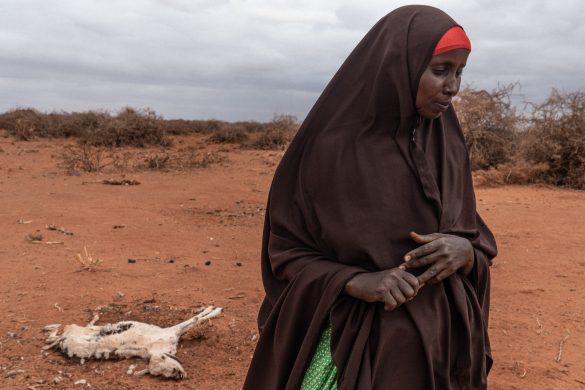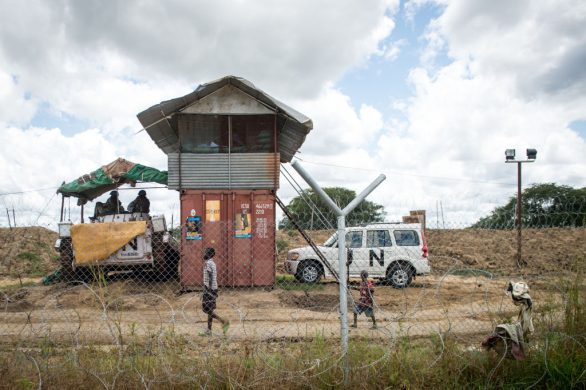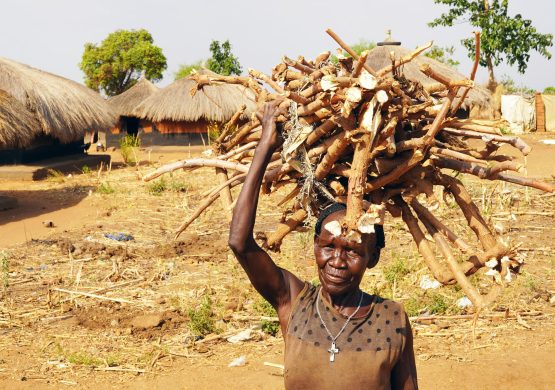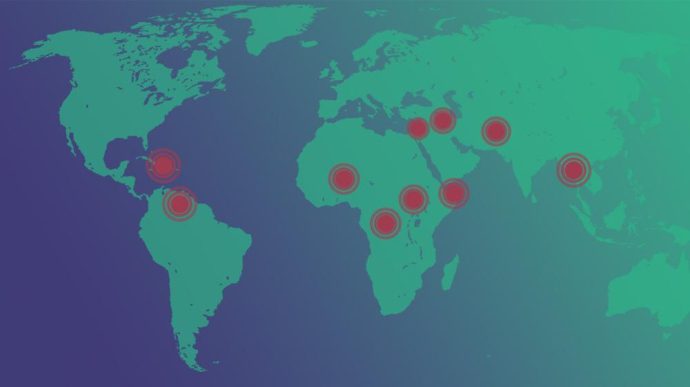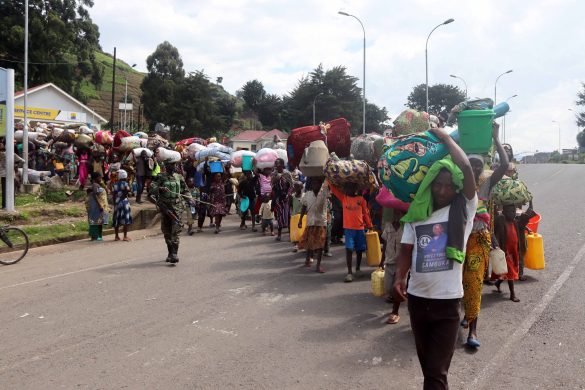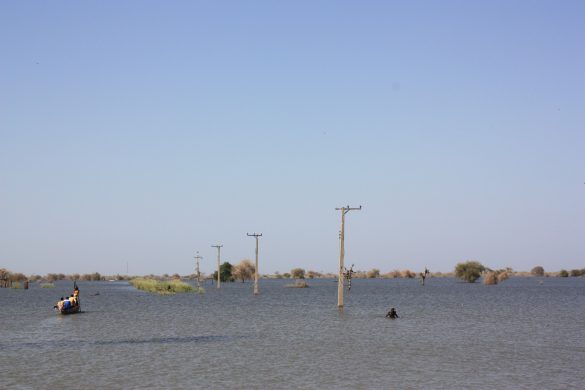JUBA, 5 March, 2017 (UN OCHA): Concluding a two-day visit to South Sudan – two weeks after localized famine was declared in Mayendit and Leer counties – the Under-Secretary-General for Humanitarian Affairs and Emergency Relief Coordinator, Stephen O’Brien, called for immediate and unhindered access to people in need of aid and urgent funding for the humanitarian appeal.
“Yesterday, I visited Ganyiel, where I met with people who had fled fighting, fear and famine in Leer and Mayendit, as well as hunger and insecurity in Lakes,” said the Emergency Relief Coordinator.
“An elderly woman walked for days through swamps from Leer, with her ten-month-old grandson on her back, after they were separated from the rest of their family during fighting. Her grandson is now receiving treatment for severe acute malnutrition. We urgently need additional funding to scale up, sustain and expand lifesaving assistance and protection across all of South Sudan.”
Sult og underernæring når nye højder
The humanitarian crisis in South Sudan is rapidly escalating, and hunger and malnutrition have reached new disturbing levels. Fighting, insecurity and lack of access to aid have left some 100,000 people facing starvation and a further 1 million are on the brink of famine. More than 3.4 million people have been displaced since the conflict began in December 2013, including 1.9 million internally displaced and more than 1.5 million who have fled to neighbouring countries as refugees.
By July 2017, the humanitarian community estimates that 5.5 million will be severely food insecure.
“This is only the beginning of the lean season and, sadly, things could get much, much worse in the months ahead,” said Mr. O’Brien.
“We desperately need the fighting to stop. We need calm to prevail now so that we can consistently reach people in dire need, and prevent further catastrophe.”
In addition to an already massive humanitarian operation, in response to the declaration of famine, humanitarian organizations have scaled up the provision of food and emergency livelihoods assistance, nutritional supplements, health services, and water, sanitation and hygiene. Already, more than 338,000 people in Leer, Mayendit, Koch and Panyijiar have received humanitarian assistance.
Humanitært forhindringsløb
Aid workers continue to face multiple obstacles to the delivery of humanitarian assistance across South Sudan, including active hostilities, access denials and bureaucratic impediments. Frequently, they have to be relocated due to insecurity, escalating tensions or directives from authorities, including recently from Mayendit. Humanitarian compounds and supplies have been repeatedly looted, most recently during clashes in Mayendit, Jonglei and Kajo-Keji town.
During his two-day visit, Mr. O’Brien also met with humanitarian partners and Government officials.
“The root cause of this suffering is conflict,” he said, reflecting what he stressed in his meetings.
“People have been displaced, brutalised and raped. They have been attacked when they sought out assistance. This must stop, and it must stop now.”
The Emergency Relief Coordinator demanded immediate full and unimpeded humanitarian access and reminded parties to the conflict that International Humanitarian Law must be respected and civilians protected.
Before leaving the country, the Emergency Relief Coordinator said:
"We have a plan. We are already responding. We are ready to scale up. Now we need the access and the funds to save even more lives."
The 2017 Humanitarian Response Plan calls for $1.6 billion to reach some 5.8 million people in need.





